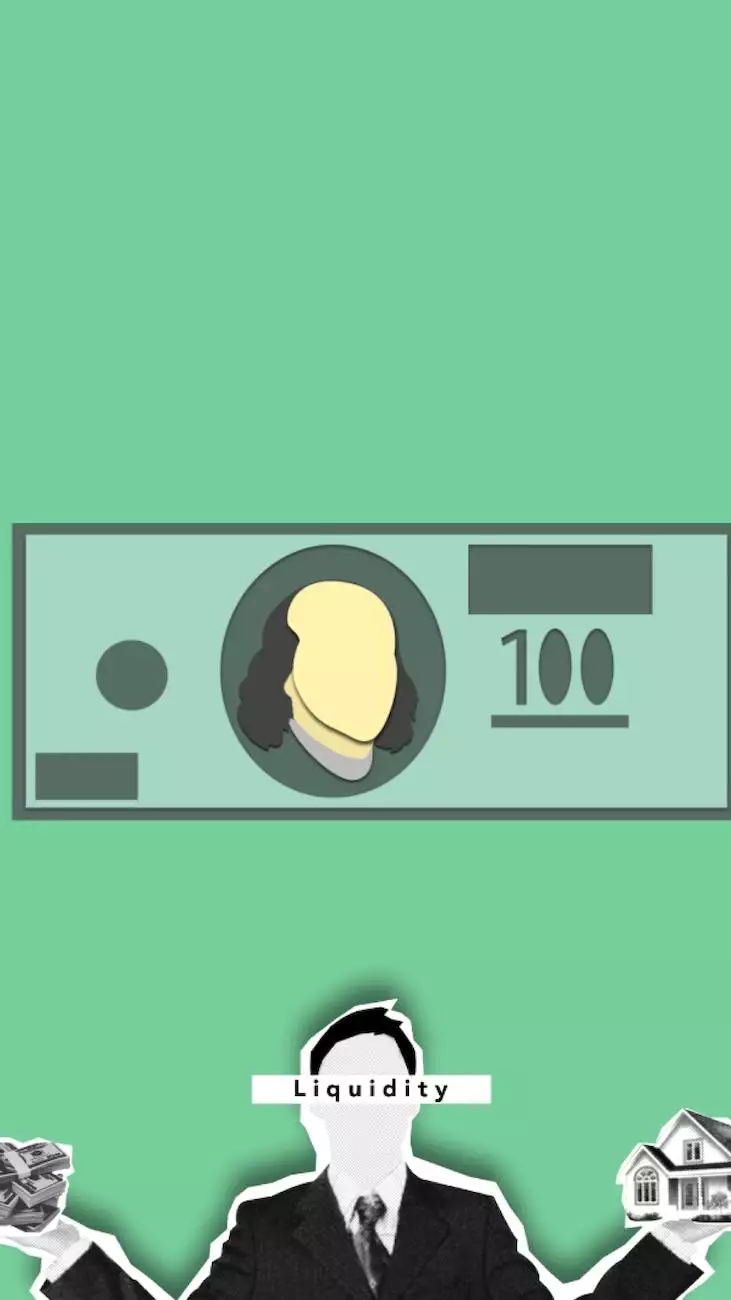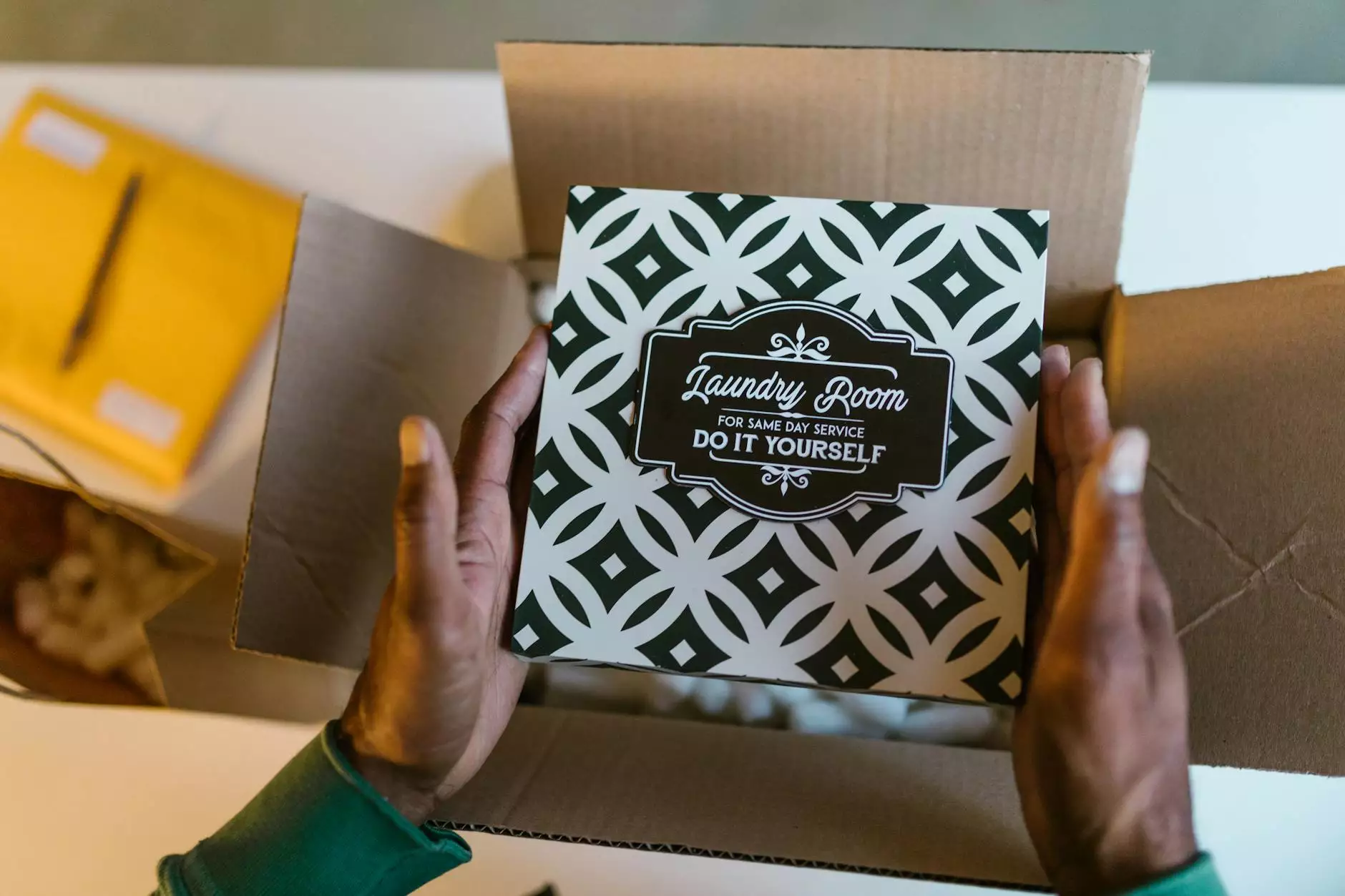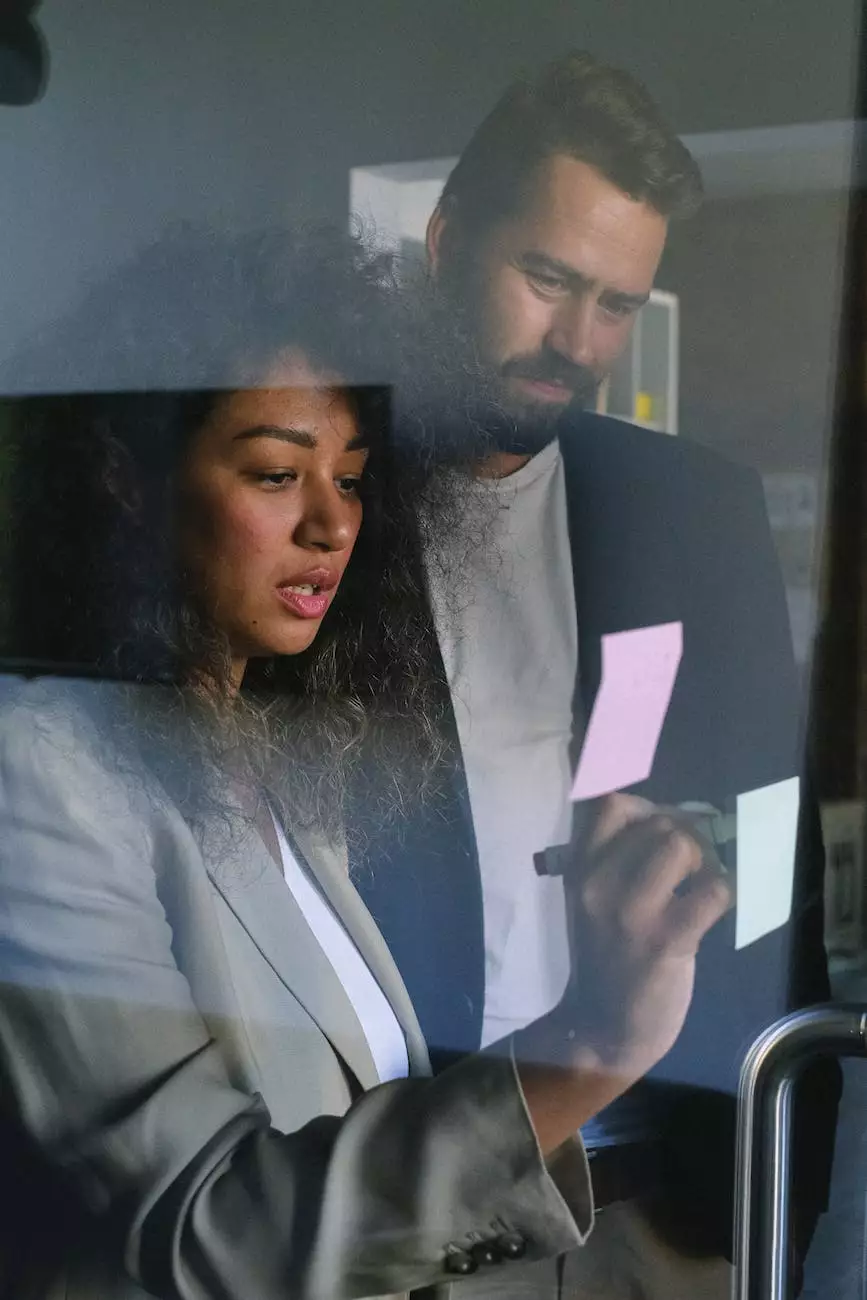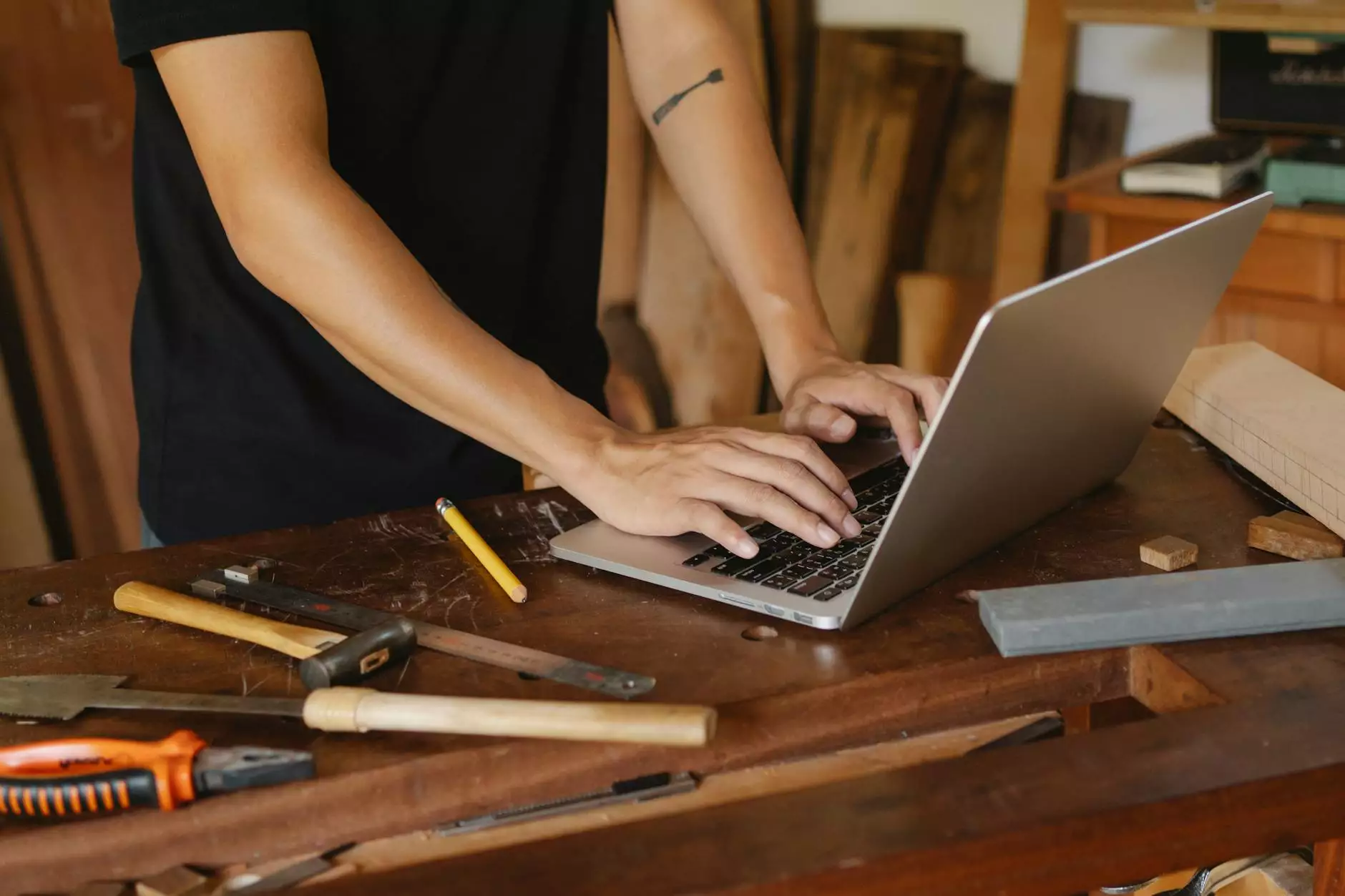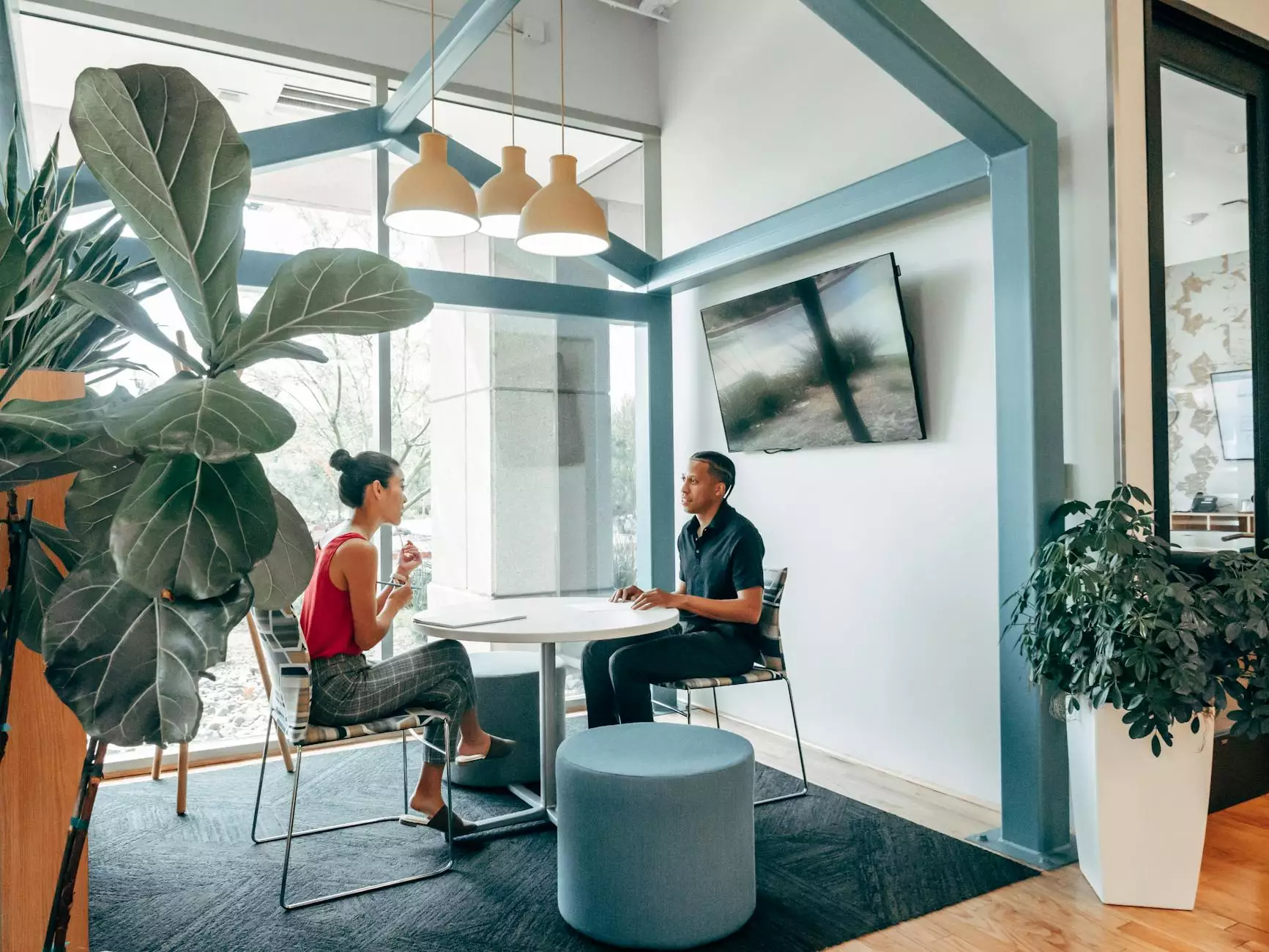Preparing for a Media Interview
Blog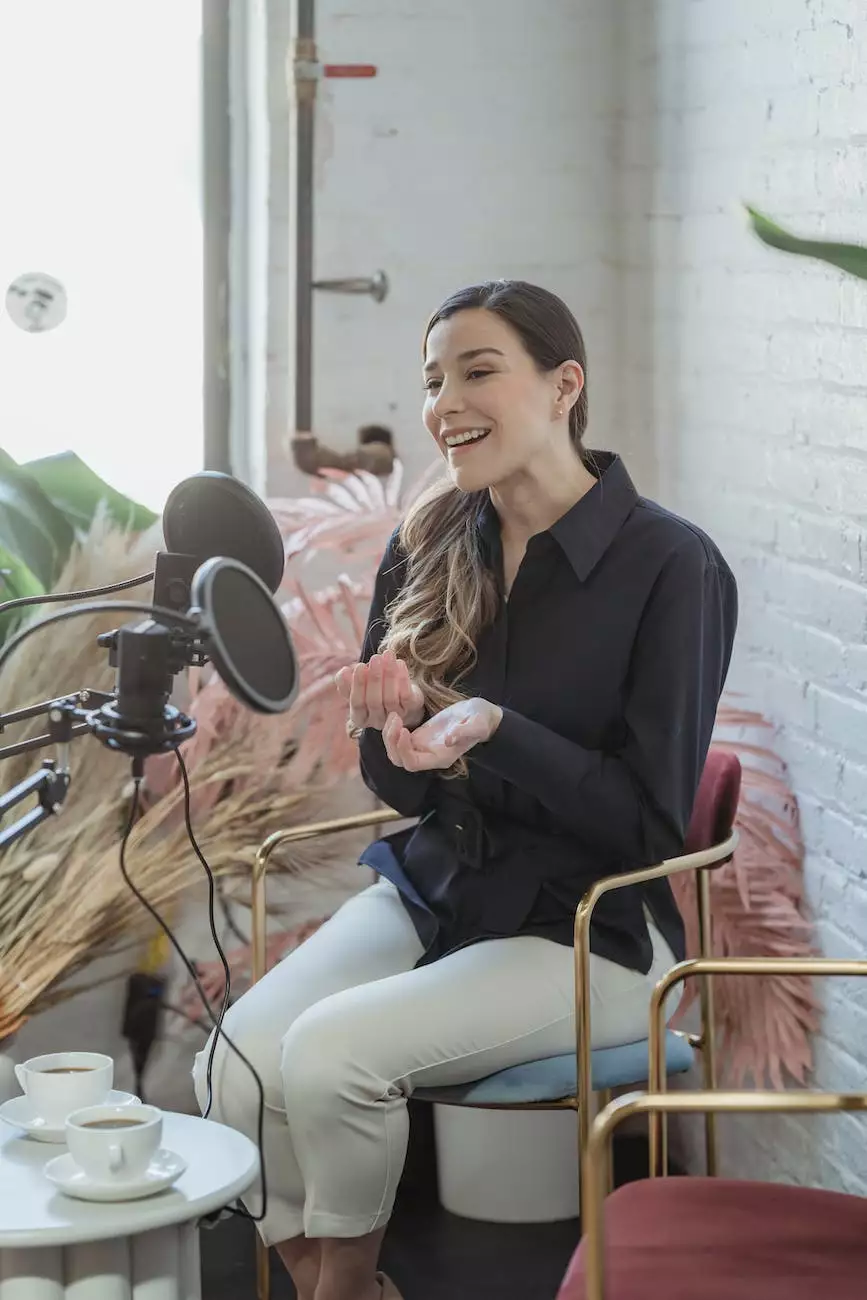
Welcome to the CI Advertising blog, where we provide valuable insights and tips on various aspects of business and consumer services in the field of marketing and advertising. In this article, we will be discussing the importance of proper preparation for a media interview and how it can benefit your brand's reputation and success.
The Power of Effective Media Interviews
In today's digital age, media interviews can have a significant impact on the way your business is perceived. Whether it's an interview with a journalist, a podcast appearance, or a video interview, your ability to communicate your message clearly and confidently can shape the opinions of your audience and potential customers.
Media interviews provide an excellent opportunity for companies to share their expertise, showcase their products or services, and establish themselves as industry leaders. However, without adequate preparation, even the most seasoned professionals can falter, leading to missed opportunities and potential damage to their brand reputation.
Key Steps for Successful Media Interviews
1. Research and Understand the Media Outlet
Before any media interview, take the time to research and understand the media outlet conducting the interview. Familiarize yourself with the outlet's target audience, style, and past coverage. This knowledge will help you tailor your message effectively and ensure you are speaking to the right audience.
2. Define Your Key Messages
Clearly defining your key messages is essential for a successful media interview. Take the time to identify the main points you want to convey and craft them into concise and impactful statements. Having pre-prepared key messages will help you stay focused and ensure you deliver a consistent message throughout the interview.
3. Practice, Practice, Practice
Practice is the key to success when it comes to media interviews. Rehearse your key messages, anticipate possible questions, and practice your responses. Consider conducting mock interviews with a colleague or a PR professional to gain confidence and refine your delivery.
4. Prepare for Challenging Questions
During media interviews, it's not uncommon to encounter challenging or unexpected questions. Anticipate these scenarios and prepare thoughtful and respectful responses. Remember to stay calm, listen carefully, and provide honest and transparent answers whenever possible. Additionally, it's essential to avoid falling into potential traps or discussing sensitive topics that might harm your brand reputation.
5. Body Language and Presentation
Non-verbal communication is just as important as the words you speak during a media interview. Pay attention to your body language, maintain eye contact, and project confidence. Dress appropriately for the occasion, ensuring your attire aligns with your brand's image and the media outlet you are engaging with. Your overall presentation will contribute to the impression you make on both the interviewer and the audience.
6. Follow-Up and Review
After a media interview, it's crucial to follow up with the interviewer or any media contacts who facilitated the interview. Express your gratitude for the opportunity and offer any additional information or resources that may be helpful. Take the time to review your performance, identifying areas for improvement and learning from each experience to enhance your future media interactions.
Conclusion
Preparing for a media interview is a meticulous process that requires research, practice, and a deep understanding of your brand and key messages. By investing time and effort into effective preparation, you can position your business and yourself as a knowledgeable and reliable source in your industry. Remember, a well-executed media interview can not only enhance your brand's reputation but also drive positive exposure and attract new customers.
At CI Advertising, we understand the importance of media interactions and are committed to helping our clients navigate the world of media interviews successfully. Contact us today to learn how our marketing and advertising services can support your brand's communication efforts.


